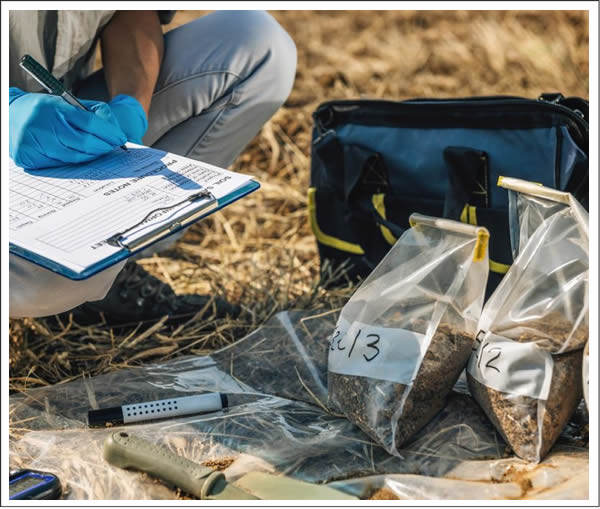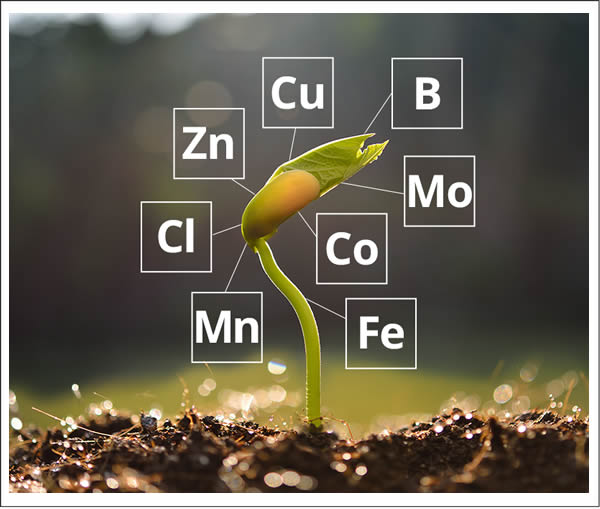Sampling analysis and reporting
Soil science provides a broad suite of testing options used to assess soils and water's biological, chemical, and physical properties. CESsoils will conduct soil & water sampling and arrange analytical testing either as a basic suite to understand the limitations to fertility, the potential of soil erosion and soil loss or to identify the capacity of soils & water to improve farm profit.
Classifying and listing soils accurately
Classifying soils can be defined into twelve major soil textures.
| sand | loamy sand | sandy loam | loam |
| silt loam | silt | sandy clay loam | clay loam |
| silty clay loam | sandy clay | silty clay | clay |
As such, soils textures are classified by the fractions of sand, silt, and clay in the soil. Five distinct characteristics can classify soils: genetic, textural, chemical, mineralogical, and physical (geotechnical). Classifying soils can be done by a Geotechnical Engineer or a Certified Professional Soil Scientist (CPSS). At CESsoils, our professional service is with a Certified Professional Soil Scientist (CPSS-Soil Science Australia). Supporting qualifications include Master of Sustainable Agriculture, PhD environmental studies, and maintaining the speciality requirements when accredited for Contaminated Site Assessment and Management (CSAM- Soil Science Australia).
CESsoils will recommend the hydrometer method for assessing texture quantitatively. The test assists with identifying infiltration and permeability properties of soil.
Our services include sampling and analysis for farm production, contaminated soils, remediated soils, manufactured soils, wastewater irrigated soils.
Identifying the test results relative to the water source accurately
Water is approximately 75% of the Earth's surface, existing in oceans, rivers, lakes, water vapour in the air, icecaps and glaciers, aquifers, and soil. Not to mention in every being on this Earth. Drinking water has guidelines and parameters set in Australia by the National Health and Medical Research Council 2011 under the Australian Drinking Water Guidelines (ADWG). Though not mandatory, this document can be utilised as an authoritative reference from a safety and health point of view.
Measurement of water quality is about the neutral and beneficial effects. The measurement of neutral and beneficial effects has four aspects: water quality, habitat amenity, and wastewater and stormwater impacts.
The most significant immediate health risks to people of drinking water are pathogenic microorganisms. The protection of water sources and treatment is of paramount importance and must never be compromised. CESsoils can sample, test, and analyze water to ascertain the level of heavy metals, pathogens or any mineral deficiency that can stifle fertility for land application, or are harmful for drinking for people and animals.
Land management practices such as clearing, chemical use on land for increasing immediate fertility have a long-term impact on soil loss, seepage, and decreased fertility. CESsoils strong ethical principles of regenerative agriculture & agroforestry include applying permaculture, biodynamics, syntropic agroforestry, natural sequence farming, and Yeoman's Keyline methodology to increase fertility and water retention improve soils. Scale, design and timing are the key factors in the creation of long-term landscape development and agriculture.
Projects
- Worm Casting (click to open)
- Kanimbla Development (click to open)


